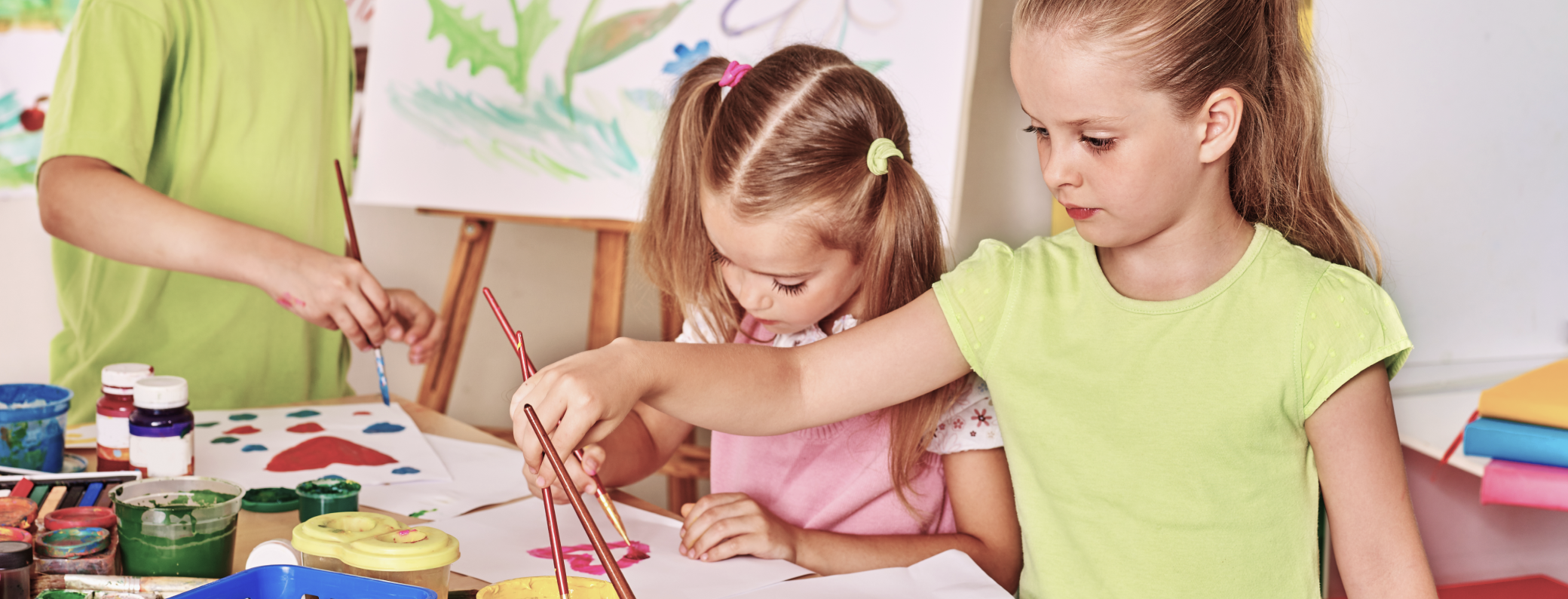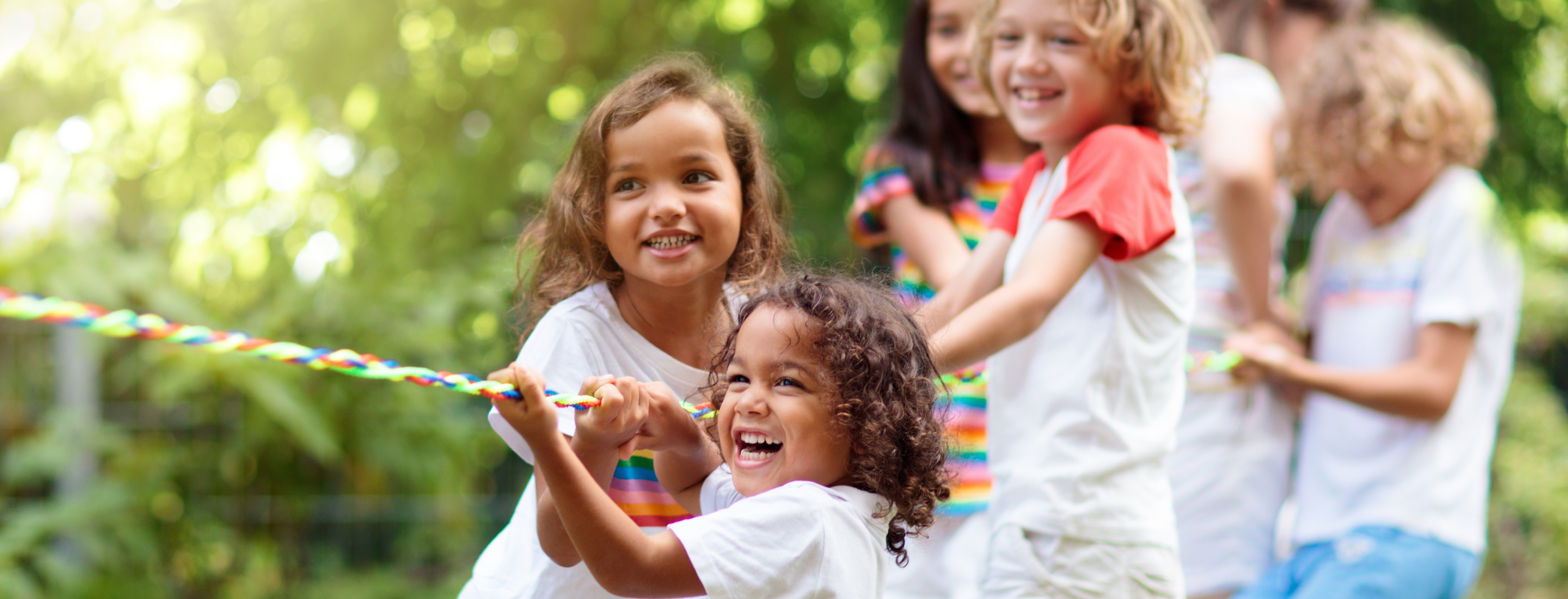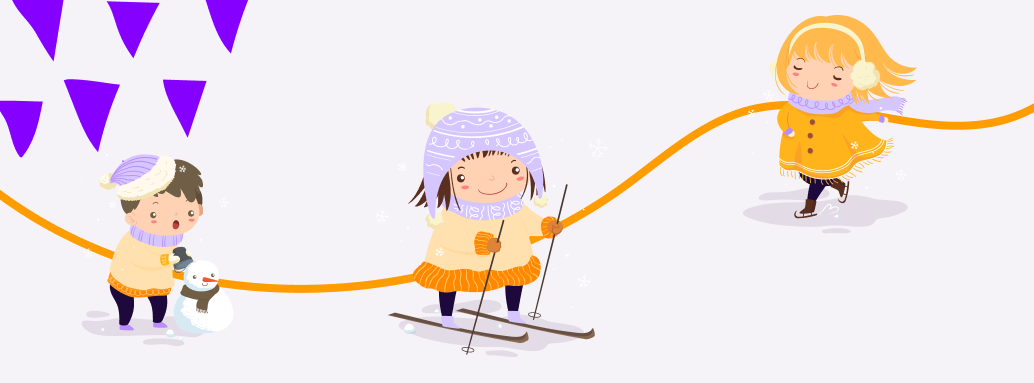-
Empowering childcare centres with tools to simplify operations and enhance outcomes
-
Billing, Invoicing Automation & Smart Finances
Automate payments, manage subsidies, and ensure financial accuracy with ease.
-
Communication & Engagement
Effortless communication between families and educators for instant updates, messages, collaboration, and conversations.
-
Child Development & Progress
Track, document, and celebrate every milestone in a child’s journey.
-
Waitlist, Forms & Attendance
Simplify enrolment, manage waitlists, and track attendance effortlessly.
-
Effortless Team Management
Streamline scheduling, performance tracking, and team communication.
-
Daily Updates That Matter
Keep families informed with real-time updates and daily reports.
-
-
Discover how Parent can transform your childcare centre’s operations
-
Access a variety of tools, guides, and insights to help you get the most out of Parent
-
Templates & Printables
Download ready-to-use templates and activity sheets for your childcare center.
-
Blogs
Stay updated with industry trends, expert advice, and childcare management tips.
-
Webinars
Join live sessions or watch on-demand webinars for in-depth guidance and tips.
-
Case Studies & Testimonials
See how childcare centers like yours achieved success with Parent.
-
FAQs
Find quick answers to the most common questions about Parent's features and services.
-
Help Center
Get step-by-step support with articles, guides, and troubleshooting resources.
-



